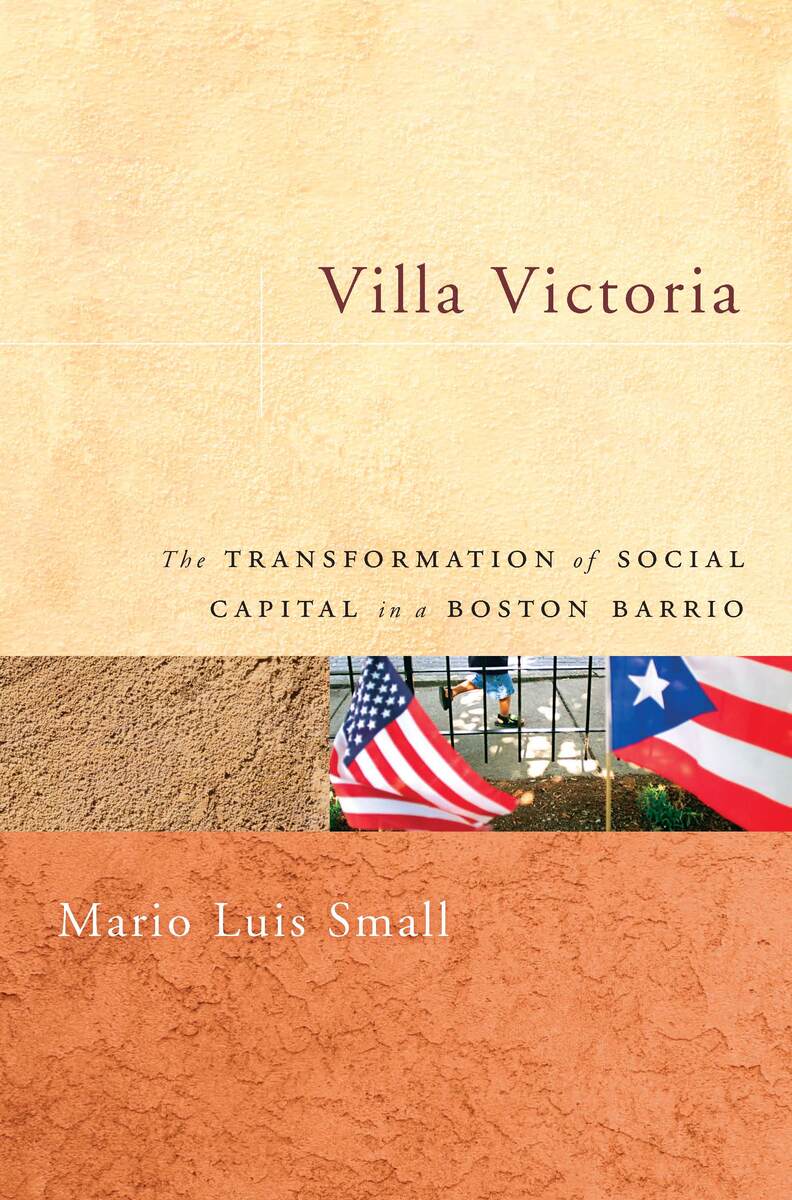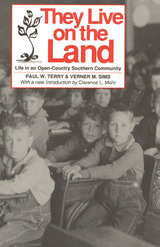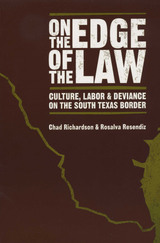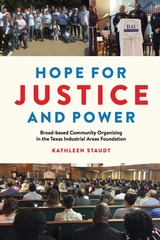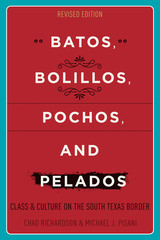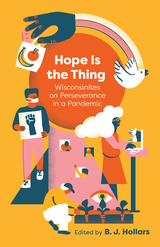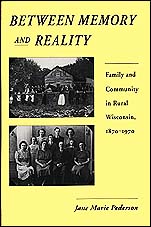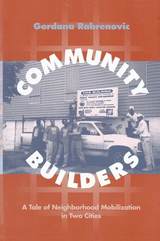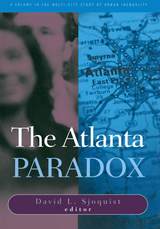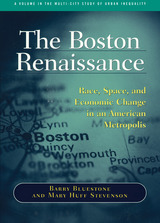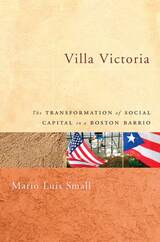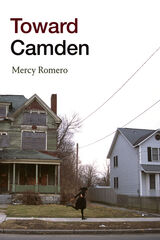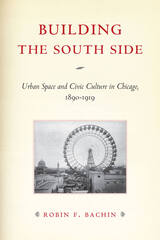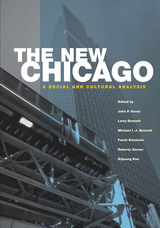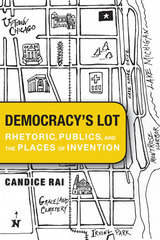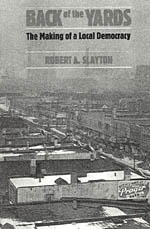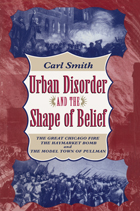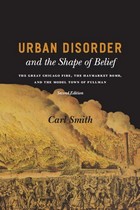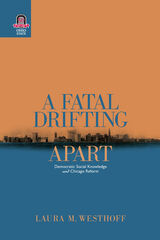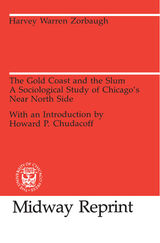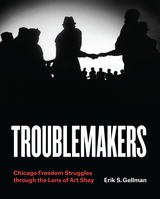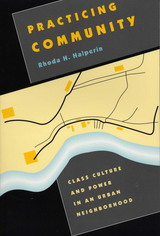Villa Victoria: The Transformation of Social Capital in a Boston Barrio
University of Chicago Press, 2004
Paper: 978-0-226-76292-0 | eISBN: 978-0-226-76293-7 | Cloth: 978-0-226-76291-3
Library of Congress Classification HN80.B7S63 2004
Dewey Decimal Classification 302.140974461
Paper: 978-0-226-76292-0 | eISBN: 978-0-226-76293-7 | Cloth: 978-0-226-76291-3
Library of Congress Classification HN80.B7S63 2004
Dewey Decimal Classification 302.140974461
ABOUT THIS BOOK | AUTHOR BIOGRAPHY | REVIEWS | TOC | REQUEST ACCESSIBLE FILE
ABOUT THIS BOOK
For decades now, scholars and politicians alike have argued that the concentration of poverty in city housing projects would produce distrust, alienation, apathy, and social isolation—the disappearance of what sociologists call social capital. But relatively few have examined precisely how such poverty affects social capital or have considered for what reasons living in a poor neighborhood results in such undesirable effects.
This book examines a neglected Puerto Rican enclave in Boston to consider the pros and cons of social scientific thinking about the true nature of ghettos in America. Mario Luis Small dismantles the theory that poor urban neighborhoods are inevitably deprived of social capital. He shows that the conditions specified in this theory are vaguely defined and variable among poor communities. According to Small, structural conditions such as unemployment or a failed system of familial relations must be acknowledged as affecting the urban poor, but individual motivations and the importance of timing must be considered as well.
Brimming with fresh theoretical insights, Villa Victoria is an elegant work of sociology that will be essential to students of urban poverty.
This book examines a neglected Puerto Rican enclave in Boston to consider the pros and cons of social scientific thinking about the true nature of ghettos in America. Mario Luis Small dismantles the theory that poor urban neighborhoods are inevitably deprived of social capital. He shows that the conditions specified in this theory are vaguely defined and variable among poor communities. According to Small, structural conditions such as unemployment or a failed system of familial relations must be acknowledged as affecting the urban poor, but individual motivations and the importance of timing must be considered as well.
Brimming with fresh theoretical insights, Villa Victoria is an elegant work of sociology that will be essential to students of urban poverty.
See other books on: Boston | Poor | Puerto Ricans | Social networks | Transformation
See other titles from University of Chicago Press
